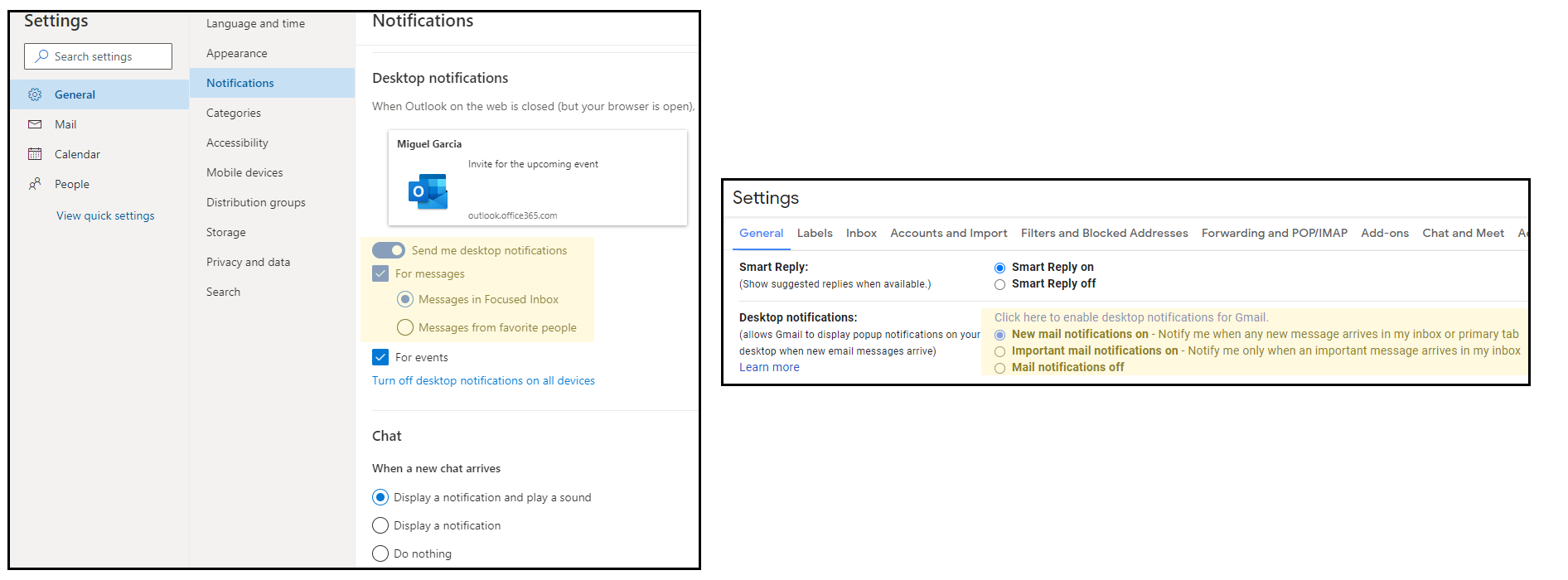O One of the cornerstones of productive work is managing your interruptions. In a future post I’ll be going over a study that used college student programmers, and showed the damage that context switching does to their code’s quality as well as time-to-completion. One important point from that study is that any workflow interruption slowed down the student programmers, and it didn’t matter if it were real-world (i.e. being tapped on the shoulder) or digital (such as a big flashing IM notification).
Now, I’ve always asked my clients and colleagues to first use e-mail to contact me because it doesn’t expect me to reply right away. In other words, it’s asynchronous communication: you send me a message, at some indefinite time in the future I receive it, and I reply quite possibly at a third point in time. Meanwhile, an instant message saying “are you there? quick question” implies synchronous communication, where I’m expected to acknowledge your message and have a (hopefully brief and succinct) conversation about this allegedly brief question.

Your Laptop, If Your Notifications Escaped the Screen
I’ve made the case to colleagues that this is a productivity drain, and if it’s really a “quick” question, then you can email me that and I’ll send you an equally brief reply. Should it instead be something that requires a real conversation, then we plan it from the email. So far so good, and this should maintain the asynchronous nature of communication that doesn’t interfere with development work.
Problem is, by default, every email client in existence wants to make sure you never ever miss an e-mail. If you don’t tame them, you can expect big bright popups. Rather defeats the point, doesn’t it? I’ve had this discussion with multiple people I’ve worked with where they try to focus their productivity by switching all non-emergency-the-building-is-on-fire communication to email . . . but they leave these notifications on. Worse yet, they often have them set to check every single minute for new messages! At that point, you might as well have the flashing popups, because there goes your focused productivity.

Thunderbird email settings tuned to maximum interruptions. Don’t do this!
I’ve heard plenty of arguments in favor of instant emails, breaking down to two basic cases: “What if it’s important?” and “What if person ABC doesn’t think I’m actually working?” For it being important, I refer you to accepting emergency communications via synchronous channels . . . such as they can call you or use an IM tool.
The latter question is really more a matter of company culture and/or trust (particularly in the case of consultants). I personally consider it your responsibility to set and maintain the boundary, and make sure your work earns its trust. When people see that you deliver what you say, they’re generally going to respect it.
Of course, there are always exceptions. You’re still going to get cases where the person emails you . . . and you don’t answer two minutes later . . . then they’re blowing up your phone while simultaneously sending you Skype messages. At that point, it’s a judgment call that you need to make depending on your relationship with the client and the position in you’re in.

Likewise for Outlook and GMail, respectively
If it’s your direct boss, or it’s your one-and-only client that you can’t risk, then you just might be over a barrel and need to deal with it (in which case I suggest changing your situation so they don’t have that power over you). For peers in most cases, and certainly anyone working for or reporting to you, it’s up to you to set and enforce the rule.
When it comes to that, diplomacy is always the way to go. I just explain that in order for me to deliver my best work, I need to stay focused on my coding tasks, and that I regularly read and respond to emails between them. Most reasonable people will agree.




